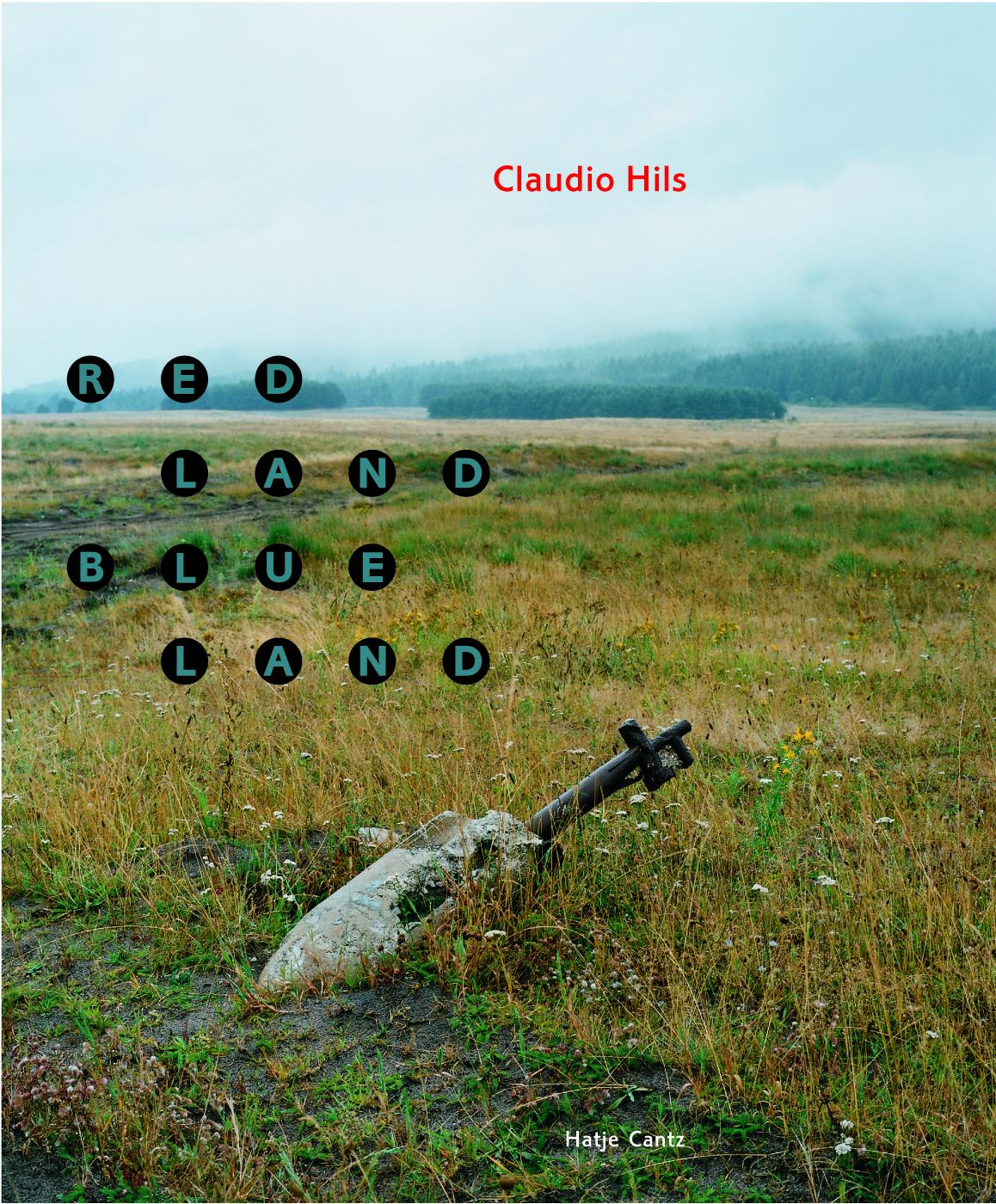As I write, a gang of chancers, bigots, and giftless clowns known collectively as the British government is endangering peace in Northern Ireland. Perhaps it's just a coincidence that I've come to the end of this anthology of strange stories from 'Norn Iron'. Certainly the last story in the book does not, on the fact of it, treat of Troubles, sectarians, the strange evolution of nations. Instead, its subject is the sea and the shore, a theme that never goes out of style for islanders, be they British or Irish.
A man takes his child to the beach to see stranded whales in a narrative that is truly dream-like. There is more than a hint of magic realism in Emma Devlin's tale. (There's more about Devlin here.) But at its heart is a terrorist bombing and the way the King of the title found the sound of the sea soothing, a way of dealing with the noises in his head by hearing the eternal noise of great waters.
There are beautiful passages, here, but the central image is that of the beached whales. Efforts to save the animals seem futile, as the sea itself seems to be retreating, rejecting the land and implicitly the human world. But, at the very end, in the last sentence of the book, there is a hint of hope. It is as much as can be expected, reasonably or otherwise.
I don't think my running review has done justice to this book. Post-Covid my brain is not as sharp as I would like. I recommend that you seek out The Black Dreams and see for yourself. Dream for yourself, too. Nobody else can do it for you. But, it seems, they can come close.
















